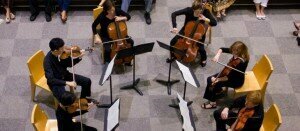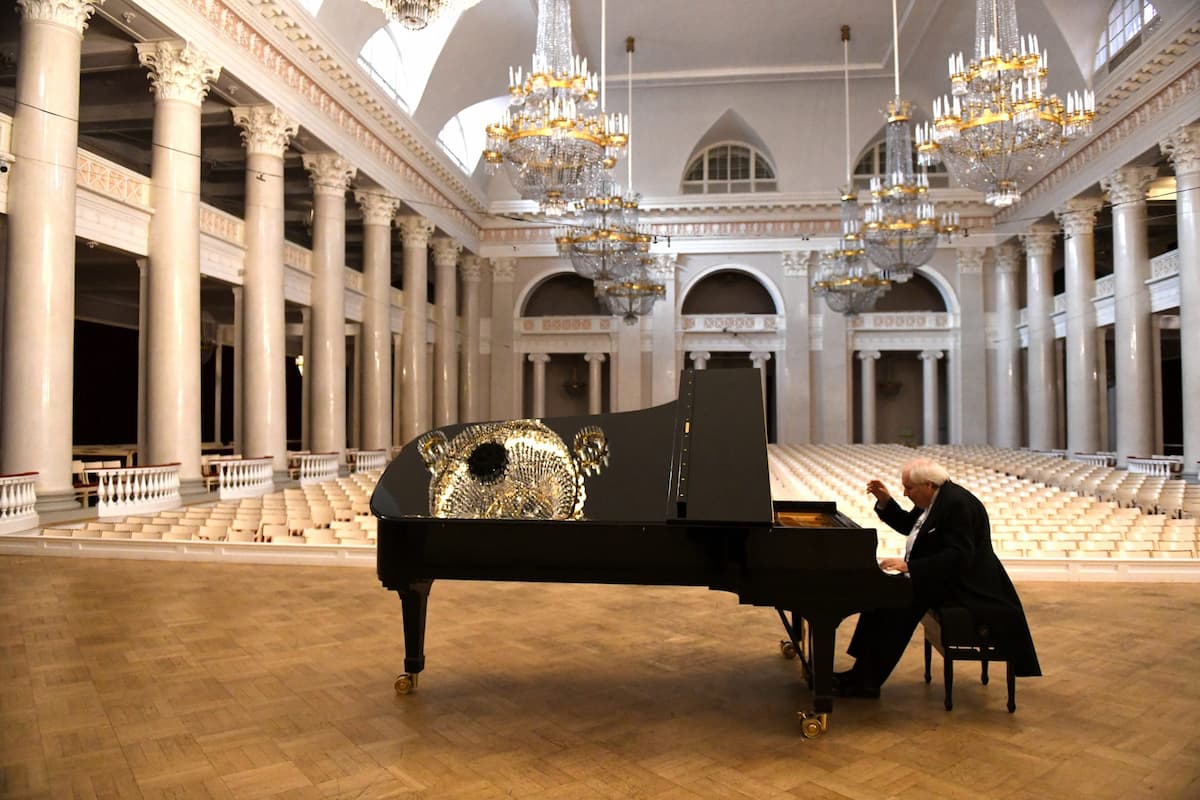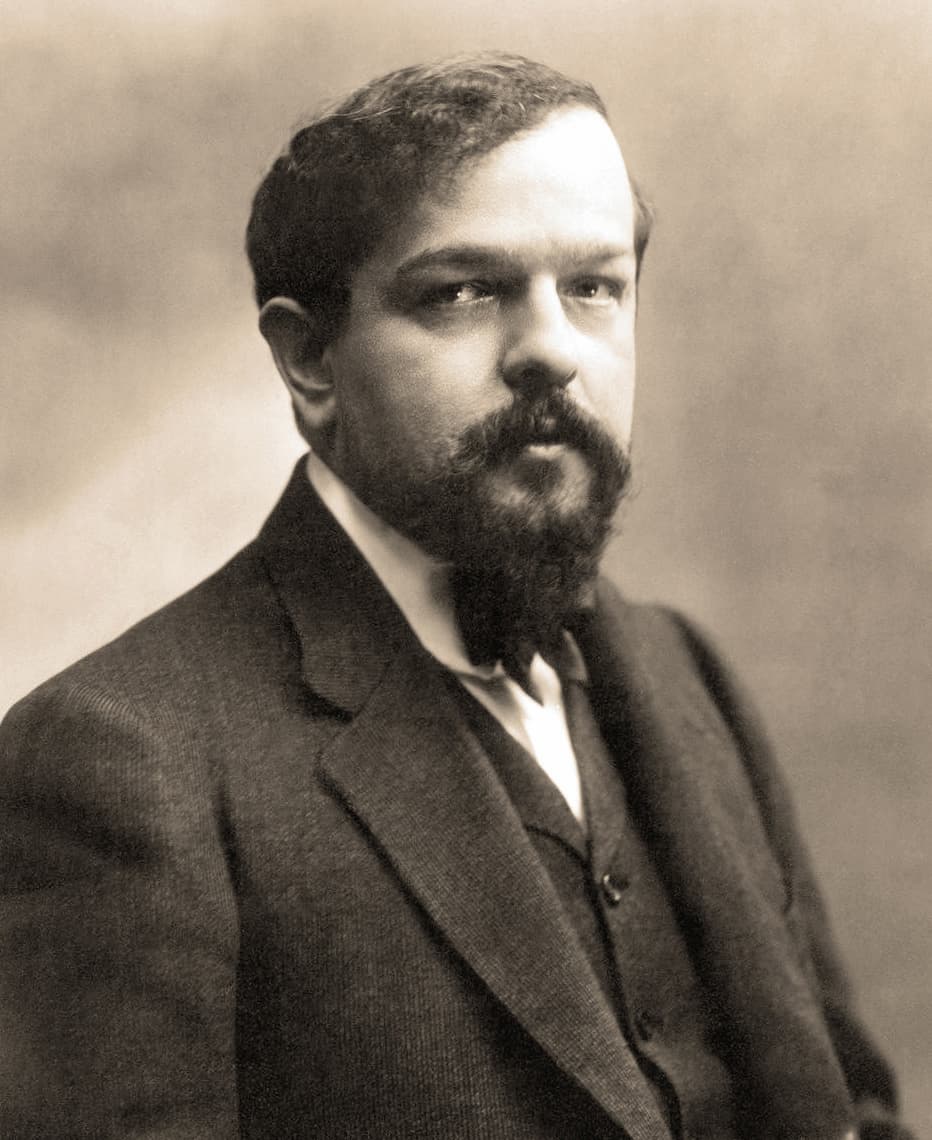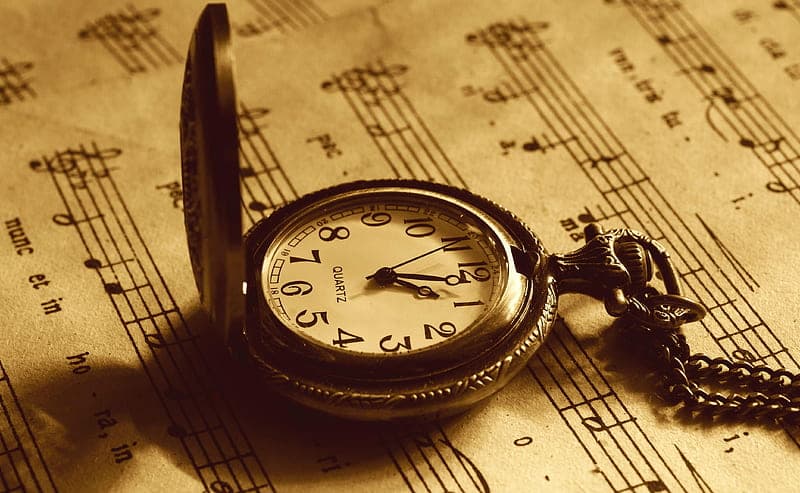 “What do you actually do?” and “What is your day job?” are all-too familiar questions to musicians. People are also endlessly fascinated about practising – “so how much practising do you actually do?” – and imagine we spend most of our days closeted inside grim practise rooms, cut off from the real world. Others believe we spend our days lying on a chaise-longue in a Lisztian salon, smoking cigars and pondering the higher things in life.
“What do you actually do?” and “What is your day job?” are all-too familiar questions to musicians. People are also endlessly fascinated about practising – “so how much practising do you actually do?” – and imagine we spend most of our days closeted inside grim practise rooms, cut off from the real world. Others believe we spend our days lying on a chaise-longue in a Lisztian salon, smoking cigars and pondering the higher things in life.
In reality, the musician’s life is busy, varied and by necessity very peripatetic. Musicians are masters of multi-tasking and the “portfolio career”, and many juggle several roles – performer, teacher, administrator, promoter. Some of us even have jobs outside the profession to supplement meagre teaching or performing fees. Few live by concertising alone and a very tiny handful enjoy celebrity status and the trappings which come with that.
Day-to-day, most of us follow a fairly similar regime of practising (which can occupy a large part of the day – four or five hours – but never done in a single session), teaching (and preparing for teaching), and admin, which can include the business of everyday life, contacting potential venues and promoters, marketing and social media, liaising with others, filling in forms to applying for funding and replying to fan mail. In addition, for those who work with ensembles and orchestras there are rehearsing and meetings with colleagues, publicists, promoters. In the evening there may be concerts or other rehearsals. Some teach in schools, universities and conservatoires, others run outreach and other educational programmes, courses and summer schools. All these activities need to be planned and prepared for, and therefore generate a lot of admin which consumes precious time. Email and the internet undoubtedly make these activities easier, but one still has to set aside time. Admin gets in the way of practising, which can set up feelings of resentment and frustration.
The working hours can be very unsociable indeed: concerts generally take place in the evening and afterwards one may face a long trip home. Extensive traveling can be very tiring and interrupts both one’s normal working day and sleep pattern which can in turn have a detrimental effect on one’s health. To counteract this, most of the musicians I know make time to do exercise – from the pianist friend who regularly runs half-marathons to the bass player who meditates, this “time out” from the busy, sometimes punishing schedule is important for one’s physical and mental health.
That we do something highly artistic or creative does not make us immune to the exigencies of real life – nor ignorant of them. Many of us feel frustrated that our work is often not properly respected nor understood – the “what is your real job?” question comes up all too frequently, and explaining or justifying what we do to people outside the profession can feel like a Sisyphean task: how can doing something we love be regarded as “a proper job”?
To justify our existence, I feel we have a responsibility to ourselves and to our colleagues and others in the industry to conduct ourselves with professionalism at all times. If we do not respect ourselves we cannot expect respect from others and our professionalism demonstrates to others that we believe our role has value and importance in society, whether teaching small people Bach’s first Kleine Prelude or playing to a full house at Carnegie Hall.
Trio Wanderer – Schubert
More Blogs
-
 Grigory Sokolov – The Enigmatic Maestro One of the most revered pianists among both pianophiles and professional pianists alike
Grigory Sokolov – The Enigmatic Maestro One of the most revered pianists among both pianophiles and professional pianists alike -
 Composers Who Write Why did classical composers often endorse the role of music critics?
Composers Who Write Why did classical composers often endorse the role of music critics? -
 15 Pieces of Classical Music About Time Look at centuries of classical music about time
15 Pieces of Classical Music About Time Look at centuries of classical music about time -
 Sixteen Great Books About Classical Music Need some reading material? Here are some great books
Sixteen Great Books About Classical Music Need some reading material? Here are some great books





My father – a former concert pianist and music lecturer – was practising at home for a forthcoming recital. At the same time, the builders were at our house, doing some building repairs. One of the builders asked my mother, who was also in the house, “Mrs. K., does your husband never do any work?” !!!
It is WORK…and very hard work at that!